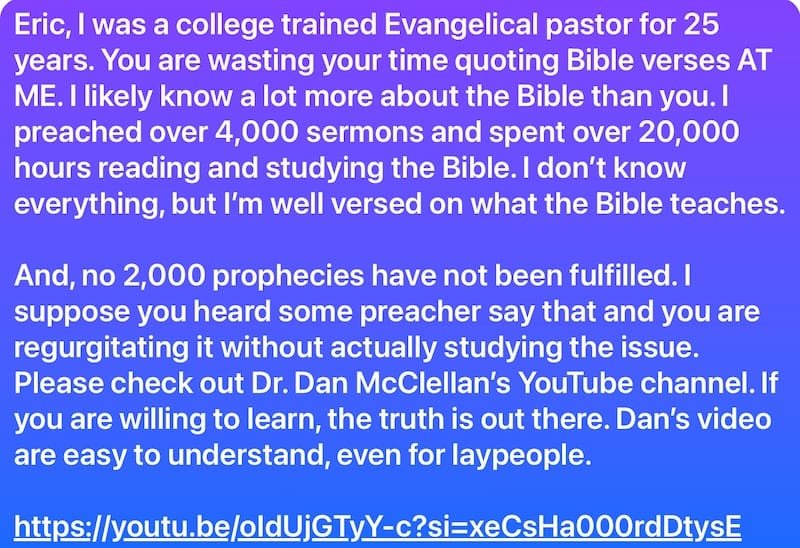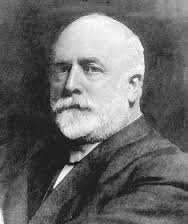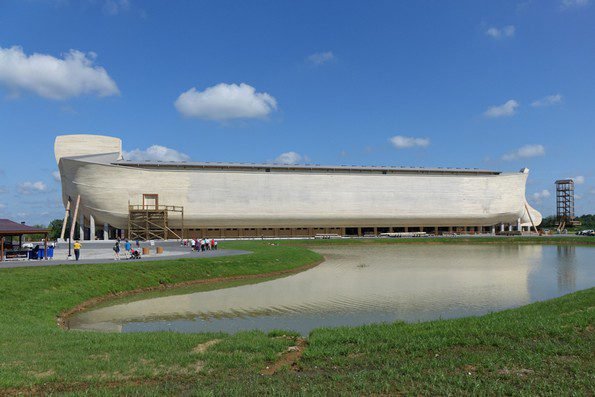
Recently, a local Evangelical man messaged me on Facebook. He wanted to share God’s “truth” with me, not knowing that I was a former college-trained Evangelical pastor. I suspect he thought I would be receptive to his “preaching,” but he quickly found out I was not a good target for evangelization. Once I engaged the man, asking him for evidence for his claims — i.e. there’s 2,000 fulfilled prophecies in the Bible, the Bible is the “living Word of God, the gospel is all love, and we are under grace, not the law — he quickly retreated to the safe confines of faith.
Let me share a few comments illustrating what I want to discuss next. My comments are blue, his gray, though I suspect you will have figured that out without me telling you. 🙂





This thirty-one-year-old man believes he is “called” to speak the good news to unbelievers. Now that he has done so, it’s up to the Holy Spirit to intercede. I can confidently say that his prayer failed and the Holy Ghost did not intercede. I’m still an unrepentant atheist. Evidently, these “called” evangelizers have a dial-up connection to Heaven, and the connection times out before God’s Telephone Company receives the call and connects it to J-e-s-u-s. Thousands of calls have been dialed over the years on my behalf, but no successful connections to Jesus have been made. One might conclude that the line has been cut, or it doesn’t exist.
What I want to focus on is this man’s refusal to engage anyone outside of his tribe. In his mind, anyone who disagrees with him is blind. Either that or he’s afraid of having his beliefs challenged or he’s afraid that he might be led down a path that his pastor told him leads to death and damnation.
In other comments I made, I tried to challenge his bald assertions, asking him for evidence for his claims or providing alternate interpretations for his pontifications — all without success.
As with most Evangelicals, this man believes the Bible is literally written by God, and is inerrant and infallible. These are faith claims for which there’s no evidence outside of the Bible itself. Sadly, what this shows is that faith robs believers of the ability to think skeptically and rationally. And as long as they stay within the safe confines of the house of faith, it is impossible to meaningfully interact them.
This man is a poster child for ignorant Evangelicals. Raised in Fundamentalist churches, taught to obey their pastors, and repeatedly told that whatever the Bible says is true, and whatever the “world” says is Satanic. Thoroughly indoctrinated and conditioned, by the time they reach adulthood, their path is set unless something happens that forces them to re-think their beliefs. Imagine a world where you only read books that reinforce your beliefs and are surrounded by people who agree with you. It’s a safe world, one where the wicked, evil world rarely, if ever, intrudes (unless their pastors are featured in the Black Collar Crimes Series). Believers can live their entire lives in such an environment, safe from questions, doubts, and intellectual challenges. This, in my opinion, is no way to live. And it for this reason I continue to share my story and critique Evangelical Christianity. I know from my own story that it is possible to escape the pernicious grip of Fundamentalism. And it all starts with niggling doubts and questions that go unanswered by the preachers of certainty. Will the man who messaged me one day break free from bondage? Maybe, but he could also end up forty years later just like Dr. David Tee and others like him — people whose minds have been ruined by decades of indoctrination and conditioning.
Bruce Gerencser, 68, lives in rural Northwest Ohio with his wife of 47 years. He and his wife have six grown children and sixteen grandchildren. Bruce pastored Evangelical churches for twenty-five years in Ohio, Texas, and Michigan. Bruce left the ministry in 2005, and in 2008 he left Christianity. Bruce is now a humanist and an atheist.
Your comments are welcome and appreciated. All first-time comments are moderated. Please read the commenting rules before commenting.
You can email Bruce via the Contact Form.



